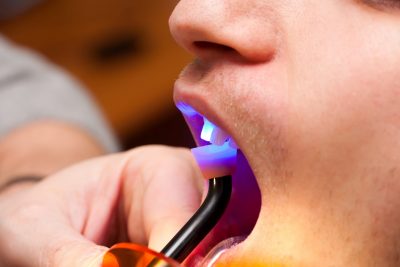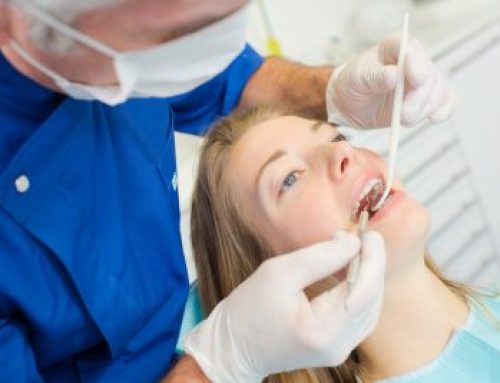 Dental bonding has gained a lot of popularity in the world of cosmetic dentistry thanks to the plethora of benefits it offers. Dental bonding is not only popular because it can potentially fix several dental imperfections but because it’s a non-invasive dental procedure that can improve your smile almost instantly.
Dental bonding has gained a lot of popularity in the world of cosmetic dentistry thanks to the plethora of benefits it offers. Dental bonding is not only popular because it can potentially fix several dental imperfections but because it’s a non-invasive dental procedure that can improve your smile almost instantly.
Despite its numerous potential benefits, dental bonding remains one of the most complex and tricky dental procedures. And this implies that if you are currently contemplating having this procedure done, it is highly recommended that you seek the services of a highly experienced dental expert. Today in this post, we will provide you with everything you would want to know about dental bonding.
So, what is dental bonding?
Just as the name suggests, dental or tooth bonding is a dental procedure whereby the dentist fixes either a fractured, broken, or decaying tooth using a composite resin. Until recently, dental veneers were arguably dentists’ favorite way of repairing the decaying, broken, or fractured teeth. However, veneers aren’t without their fair share of problems. Veneers need to be first customized to properly fit the patient’s mouth. Also, the entire process of placing veneers into the teeth can be a bit time-consuming, requiring more than one dental visit.
But with dental bonding, the composite used makes it possible to complete the whole procedure in one sitting. And this is one of the factors that has made dental bonding a popular choice in the last few years.
So, what are the different types of dental bonding?
It is imperative to note that there are two basic types of dental bonding, including direct bonding and indirect dental bonding. This classification is based on the type of composite used. With direct bonding, the composite is expertly placed over one or more teeth and thereafter, the composite will mold itself in the shape of the tooth. Usually, direct bonding is preferred for anterior teeth.
With direct bonding, the composite to be used on the teeth is crafted in the lab. And this means that the patient has to visit the dental lab days before the procedure is conducted. If you have multiple teeth that require restoration.
How do dentists keep the restorations in place?
If you are familiar with dental procedures, then you would know that dentists often use adhesives in various dental procedures. And they have a role in dental bonding as well. To be more specific, they are used to keep the restorations in position. However, a few years ago, component bonding agents were used instead of adhesives. But bearing in mind that component agents can be tough to work with, dentists today prefer to use adhesives for dental bonding procedures.
The Bottom line:
Because of its nearly unmatched popularity, every dentist out there will confidently tell how good they are at conducting dental bonding procedures. However, the truth is that not every dentist out there can successfully conduct dental bonding procedures. And this implies that you should do your due diligence to ensure you find the right dental expert who has the relevant expertise and knowledge to conduct this type of dental procedure.
If you are looking for a dentist, HPS Advanced Dental Care would love to see you. Dr. Heather is gladly accepting new patients.
We are located at 4741 24 Mile Rd. Shelby Township, MI 48316, and we can be reached at (248) 652-0024. We look forward to meeting you!


